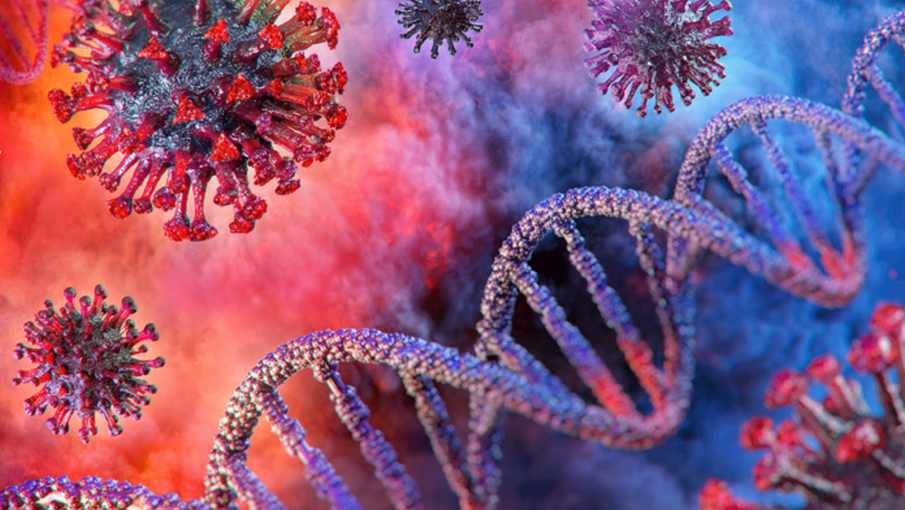New study of about 6 million people in Israel found that Natural Immunity is far superior to Vaccines; mRNA vaccine protection from Covid is far weaker than natural immunity

In August, researchers at Oxford University found that covid vaccines are less effective than advertised. In the largest study of its kind, Oxford University and the UK Office for National Statistics analyzed more than 3 million PCR tests from a random sample of people.
As part of the study, researchers later examined the efficacy of COVID vaccines in the wild, and unsurprisingly they found that the efficacy rates for the Pfizer and Moderna are significantly lower than the 90%+ rates first advertised from the initial controlled trials.
To put things in context, Israel began its mass vaccinations before almost any other country in the world. In addition, Israel has exclusively used the Pfizer mRNA vaccine to treat millions of its citizens. As such, Israel has an excellent health care database and is among the best with information on the effectiveness of the vaccines.
However, the ineffectiveness of the first and second shots has forced the country to take another look at the vaccine and compare its protection with natural immunity. So in August, Israel conducted a study that found that natural immunity is FAR superior and MUCH better than the artificial immunity from vaccines; vaccinated people were also 13 times as likely to be infected.
Fast forward five months later, a bigger study just came out of Israel that will put an end to the Natural Immunity vs. Vaccine debate. The study was conducted during the period of August 1 to September 30, 2021, during which the Delta variant was dominant in Israel.
According to a new study of almost 6 million people in Israel, researchers found that natural Covid immunity is far superior to the vaccine-generated kind. The study also found that mRNA vaccine protection from Covid is far weaker than natural immunity and declines very fast.
The study, which is published in a paper titled, “Protection and waning of natural and hybrid COVID-19 immunity,” found that the highest rates of infection by far came in people who had been vaccinated at least six months before. They had a nearly 3 percent chance of being infected per month (the researchers present the figure as 89 per 100,000 “person-days”).
As part of the study, the researchers examined infection rates among five different Israeli groups: those with natural immunity, those who had received boosters, those who were vaccinated but had not received boosters, those with natural immunity who had also received a vaccine, and those who had become infected after being vaccinated.
The researchers specifically excluded unvaccinated Israelis without natural immunity from the comparison because Israel has very few of them and they are “unrepresentative of the overall population.” Their finding was surprising.
They found that the highest rates of infection by far came in people who had been vaccinated at least six months before. They also found that vaccinated people were more than five times as likely to develop severe infections than people with natural immunity. The study also found that only 25 out of roughly 300,000 Israelis with natural immunity developed severe Covid infections in the summer wave – compared to almost 1,400 vaccinated Israelis.
The researchers concluded with the following:
“Protection from reinfection decreases with time since previous infection, but is, nevertheless, higher than that conferred by vaccination with two doses at a similar time since the last immunity-conferring event. A single vaccine dose after infection helps to restore protection.”
Below is the abstract of the study.
Abstract
BACKGROUND
Infection with SARS-CoV-2 provides substantial natural immunity against reinfection. Recent studies have shown strong waning of the immunity provided by the BNT162b2 vaccine. The time course of natural and hybrid immunity is unknown.
METHODS
Data on confirmed SARS-CoV-2 infections were extracted from the Israeli Ministry of Health database for the period August to September 2021 regarding all persons previously infected or vaccinated. We compared infection rates as a function of time since the last immunity-conferring event using Poisson regression, adjusting for possible confounding factors.
RESULTS
Confirmed infection rates increased according to time elapsed since the last immunity-conferring event in all cohorts. For unvaccinated previously infected individuals they increased from 10.5 per 100,000 risk-days for those previously infected 4-6 months ago to 30.2 for those previously infected over a year ago. For individuals receiving a single dose following prior infection they increased from 3.7 per 100,000 person days among those vaccinated in the past two months to 11.6 for those vaccinated over 6 months ago. For vaccinated previously uninfected individuals the rate per 100,000 person days increased from 21.1 for persons vaccinated within the first two months to 88.9 for those vaccinated more than 6 months ago.
CONCLUSIONS
Protection from reinfection decreases with time since previous infection, but is, nevertheless, higher than that conferred by vaccination with two doses at a similar time since the last immunity-conferring event. A single vaccine dose after infection helps to restore protection.
Below is a PDF version of the study.
2021.12.04.21267114v1.full
